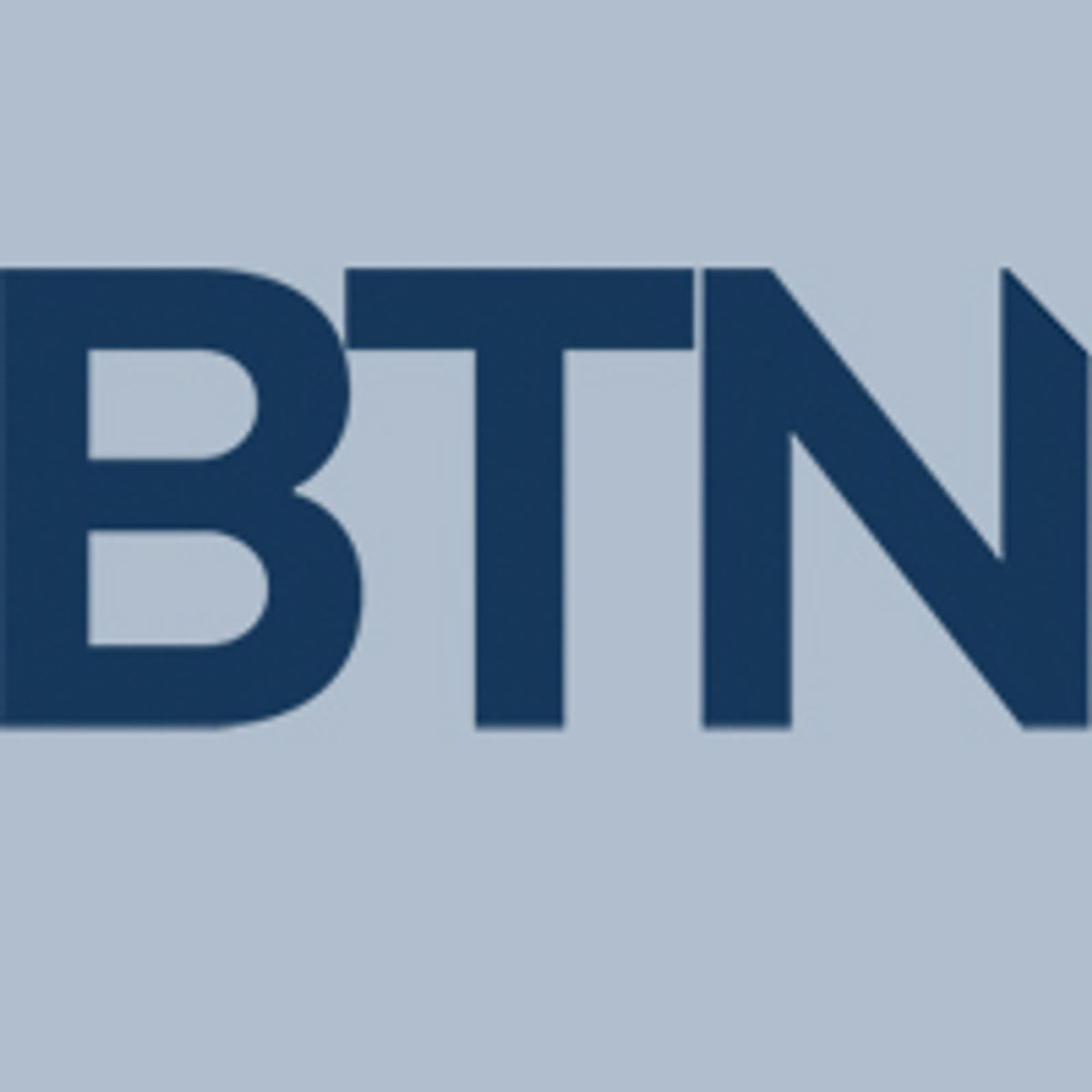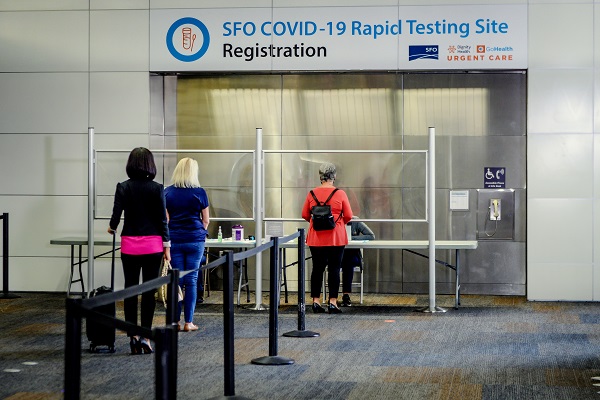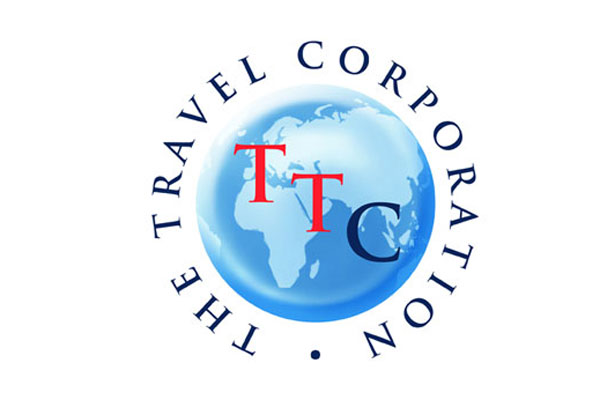Study: Leaders Value Business Travel but Seek Funding, Support
A solid majority of business leaders and managers said their organizations see "tangible business value" to both external and internal business travel, although a majority also said they are facing challenges in adequate funding and executive leadership support, according...

A solid majority of business leaders and managers said their organizations see "tangible business value" to both external and internal business travel, although a majority also said they are facing challenges in adequate funding and executive leadership support, according to a report issued today by American Express Global Business Travel and Harvard Business Review Analytic Services.
The report, based on responses from 425 audience members of Harvard Business Review who were qualified by their knowledge of their organization's business travel, showed that 84 percent said their business realized tangible value from meeting in person with clients and customers. Seventy-one percent of respondents said the same for meeting in person with coworkers and other employees in person, and the same percentage had a similar opinion of such meetings with suppliers and partners.
When travel was reduced during the Covid-19, the biggest problems as a result were weakened client relations and communication challenges, each reported by 44 percent of respondents. Forty-two percent said they faced collaboration as a result of reduced travel, and 32 percent said that had more difficulty solving customer problems.
"Deals are richer in so many ways when they are worked face-to-face, and these interactions show that travel is essential to business growth," RTX global corporate travel leader Colleen Kearney said in the report. "As we get back to it and look at the relationships, and how they foster collaboration, and how collaboration leads to growth and getting things done, the return on investment is somehow greater when you stand up from the table versus ending the [video] call."
With internal travel, a majority of respondents said their company works remotely today, with only 7 percent indicating they had a completely in-office work model. About half said they had a hybrid set-up, and 15 percent said their organization is primarily remote. That has accelerated the need for travel that is not customer-facing.
"We need to make connections and engage face-to-face, whether it's our own internal teams getting together or attending conferences and trade shows or meeting one-on-one with health care professionals," Medtronic director of global sourcing Shari Paul said in the report. "It's so important."
The respondents largely, however, gave their own travel programs middling marks, with only 36 percent indicating their business's approach to business travel was "very effective." Nearly half said the approach was "moderately effective," and 13 percent said it was only a little effective.
Funding was the biggest gap in terms of what respondents said was important versus their organization's performance, with 78 percent saying it was very important for their business travel program to be adequately funded but only 33 percent saying their program was funded to desirable levels. Similarly, 82 percent said it was important to be supported by executive leadership, but only 49 percent said their organization was doing so.
Harvard Business Review Analytic Services fielded the survey in May. Among the respondents, nearly two-thirds were from companies with at least 1,000 employees, and 70 percent had senior or executive management roles. Geographically, 54 percent of respondents were based in North America, 17 percent in the Asia/Pacific region, 15 percent in Europe, 7 percent in Latin America and 6 percent in the Middle East and Africa.

 Fransebas
Fransebas 
































